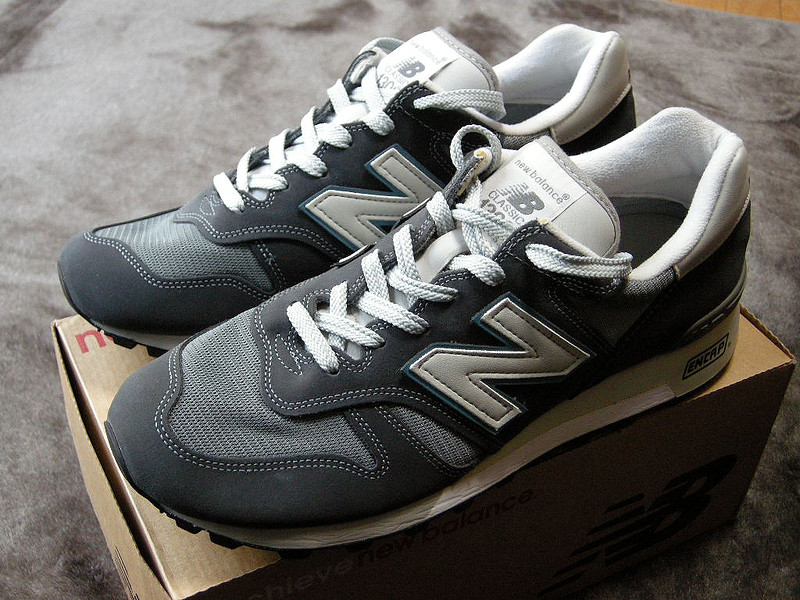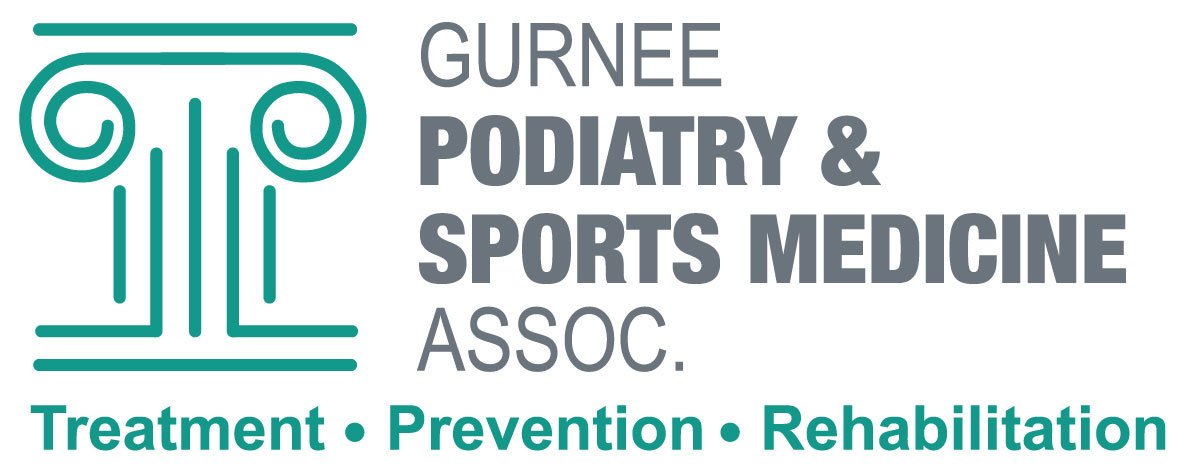Heel Spurs & Shoe Choice
If you’re experiencing a sharp pain in your heel, it could be a spur. Whether you’re living with mild or chronic discomfort, your footwear might be the culprit. Don’t worry. We’re here to help. Our team at Gurnee Podiatry & Sports Medicine in the Park City/Gurnee area and in Chicago, Illinois, has put together this guide to help you find out which shoes are the best for people with heel spurs and more.
What Are Heel Spurs?
Heel spurs affect about 15% of people, so it’s not uncommon to develop this bony protrusion underneath your heel bone. While they can take months to develop, they’re caused by calcium growth, where your heel bone connects to the plantar fascia. This thick fascia band connects the ball of your foot to your heel, and its job is to help support the arch of your foot. When this region is stressed by daily activity, your body responds by laying down extra bone tissue that develops into a heel spur. This spur pokes out from the bottom of your heel and may cause pain.

What Causes Heel Spurs?
While this condition is especially common for those who participate in sports and do a lot of running or jumping, heel spurs develop over time due to a variety of factors, including:
- Straining the foot’s ligament and tendons.
- Adding new or increasing your physical activity.
- Repeatedly tearing the covering that lines your heel bone.
- Reacting to inflammation caused by plantar fasciitis.
- Having flat feet or a high arch.
- Tightening calf muscles.
- Having a gait disorder that affects the way you walk.
- Aging, as most heel spurs develop after 40.
Can You Cure Heel Spurs?
Unfortunately, you can’t cure heel spurs. While they can be removed surgically, but most doctors will not surgically remove them as the true pain comes from the actual Plantar fascia becoming inflamed and painful. Top healthcare providers, such as Dr. Schoene and Dr. Bever, recommend non-surgical treatments and a holistic approach to easing discomfort associated with heel spurs. There are many ways you can reduce the pain associated with this condition, including:
- Resting your heel.
- Using cold packs and icing the area for 20 minutes.
- Injections therapy
- Taking an anti-inflammatory medicine.
- Using special arch support pads or custom orthotics
- Stretching the calf muscles, particularly after exercise.
- Using shoe inserts that support your arches.
- Wearing proper footwear that cushions the bottom of your foot.
How Do Shoes Affect Heel Spurs?
Fashion often dictates our choice of shoes, and we don’t always pick pairs that nurture our feet. Good shoes support your arches while cushioning every step. They make it easy for you to get around, whether you’re walking the dog or running a marathon.
The wrong pair of shoes can lead to more than mere discomfort. They can cause long-term problems with your gait as well as structural irregularities that hurt your heels, knees, hips, and even your back. Because most of the surfaces we walk on are hard, we demand a lot from our feet, and excellent arch support and cushioning are essential to prevent aching feet and issues such as heel spurs.
How Can Shoes for Heel Spurs Help?
Once formed, heel spurs are permanent, but the right shoes can help. Podiatrists say you should look for styles that feature thick soles. As your heel strikes the ground, tension is placed on the fascia. This stress can cause microscopic tears in the tissue, so the extra cushioning can help reduce pain, particularly while you’re standing and walking.
If your shoes lack thick soles, you can also consider an orthopedic insert to reduce the microtrauma that occurs every time you take a step. Silicone heel pads are soft, inexpensive, and help elevate your heel to reduce strain on the tendons. There are many brands and types available, and the most important consideration is cushioning technology that provides maximum pressure relief and arch support. However, we recommend replacing your old, worn-out shoes with more supportive options.
When you visit Gurnee Podiatry & Sports Medicine, we’ll evaluate your pair, so you don’t have to wait until they become painful before getting a new set.
What Style of Shoes Works Best for Heel Spurs?
When you’re ready to ditch your old shoes and fill your closet with ones that will help your feet feel their best, even if you have heel spurs, you’re in luck. We recommend sticking with these styles and features:
- Platform wedges: This style is quite a popular option for women, and it’s less detrimental to your foot than high heels because your foot stays on a level plane.
- Tennis shoes: Most tennis shoes typically feature a higher heal design that can help reduce stress on your heel spurs.
Shoes to Avoid
- Ballet flats: These style shoes are the worst type of shoe if you are experiencing plantar fascia issues or even Achilles tendonitis in which both conditions can be associated with a heel spur either on the back side or bottom of your heels. Having a higher-heeled shoe and one with more support is the best for these conditions.
Reduce Your Risk of Developing Heel Spurs
There are several factors that can increase your risk of developing heel spurs. To reduce your chances of developing this condition, avoid habits such as:
- Wearing shoes that don’t fit or provide arch support.
- Walking barefoot on hardwood and tile floors.
- Gaining weight that puts more pressure on your foot.
- Having a daily routine that requires a lot of standing.
Do You Need Help With Heel Spurs?
If you think you have heel spurs, make an appointment with Gurnee Podiatry & Sports Medicine today so we can take X-rays of your feet to determine what’s causing your discomfort. This test provides a clear image of your foot bones that’s helpful in ruling out other causes of heel pain, including arthritis or a fracture. Dr. Schoene and Dr. Bever can help you manage your plantar fascia issues or your Achilles tendonitis, and if there is a spur involved, we will discuss any necessary treatments for the actual bone spur. Plus, we have numerous shoe and orthotic options that can relieve pain and get you back to playing your favorite sport or activity.
Schedule Your Appointment in Chicago, IL Today!
Even if your heel spur doesn’t cause you pain, it’s essential to pay attention to your foot health. Our experienced team is ready to help you make the best choices to prevent heel spurs and other foot problems so you can reach your peak level of performance.
